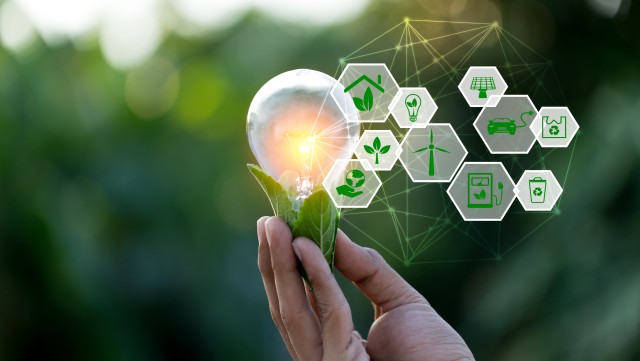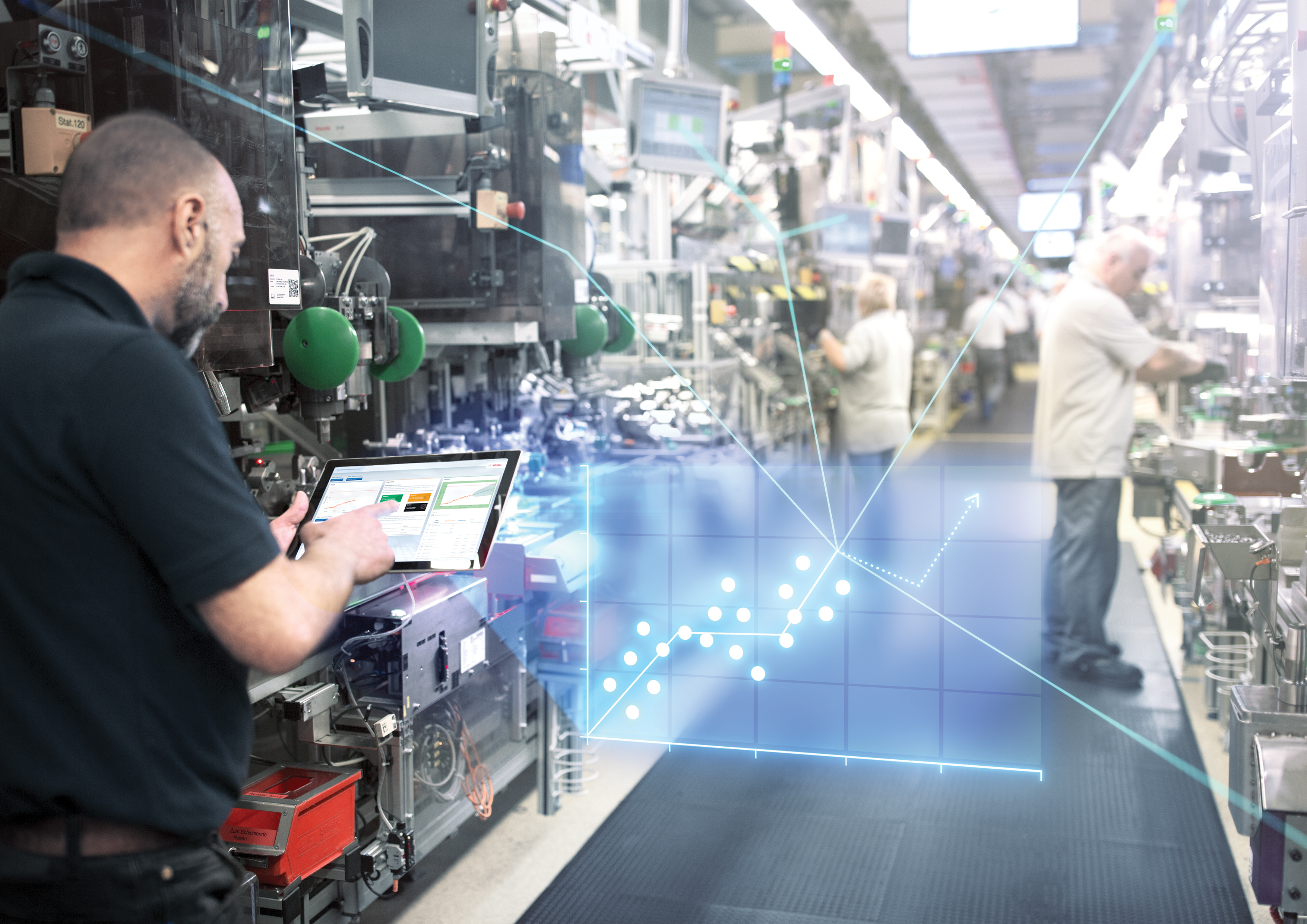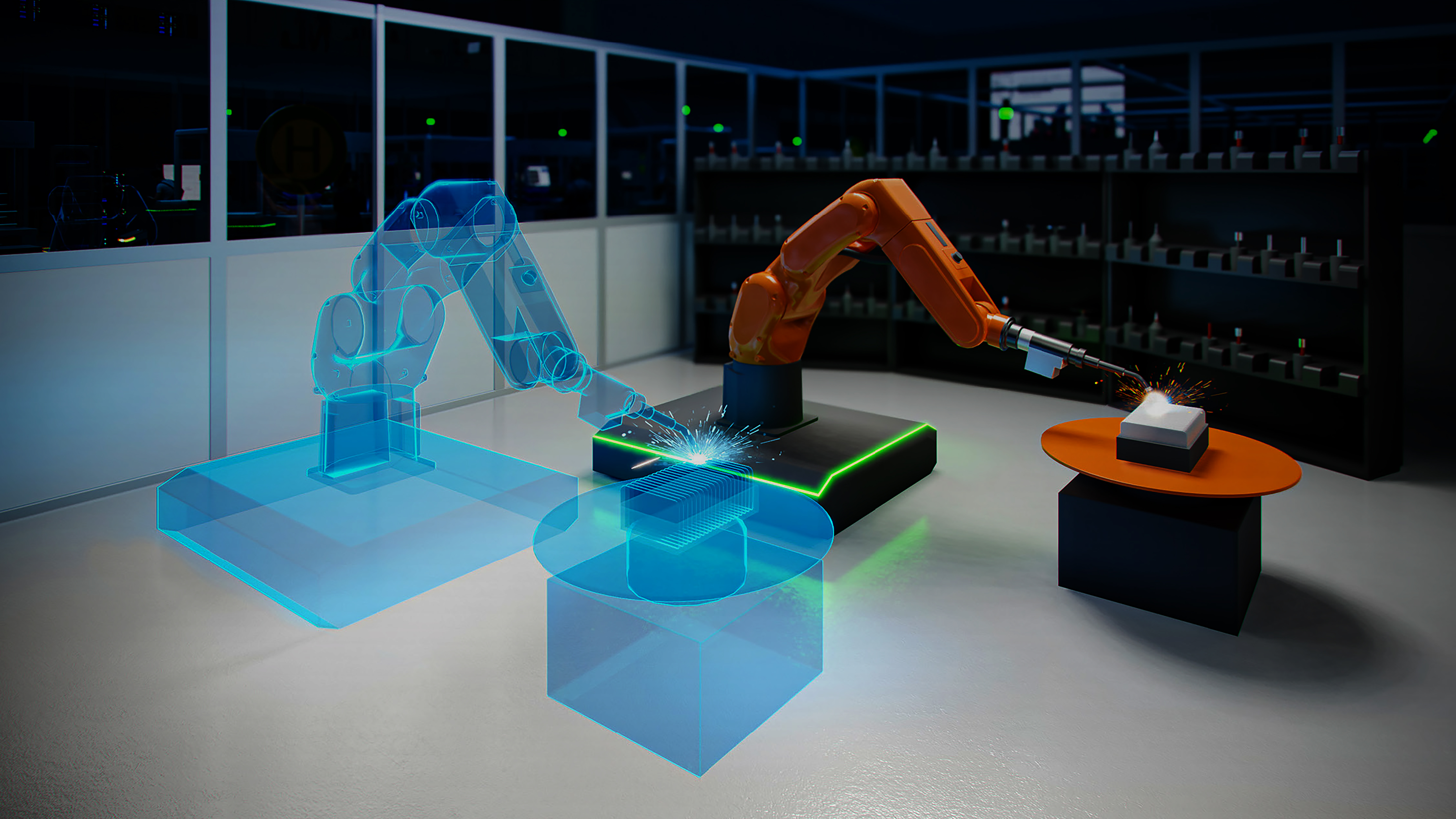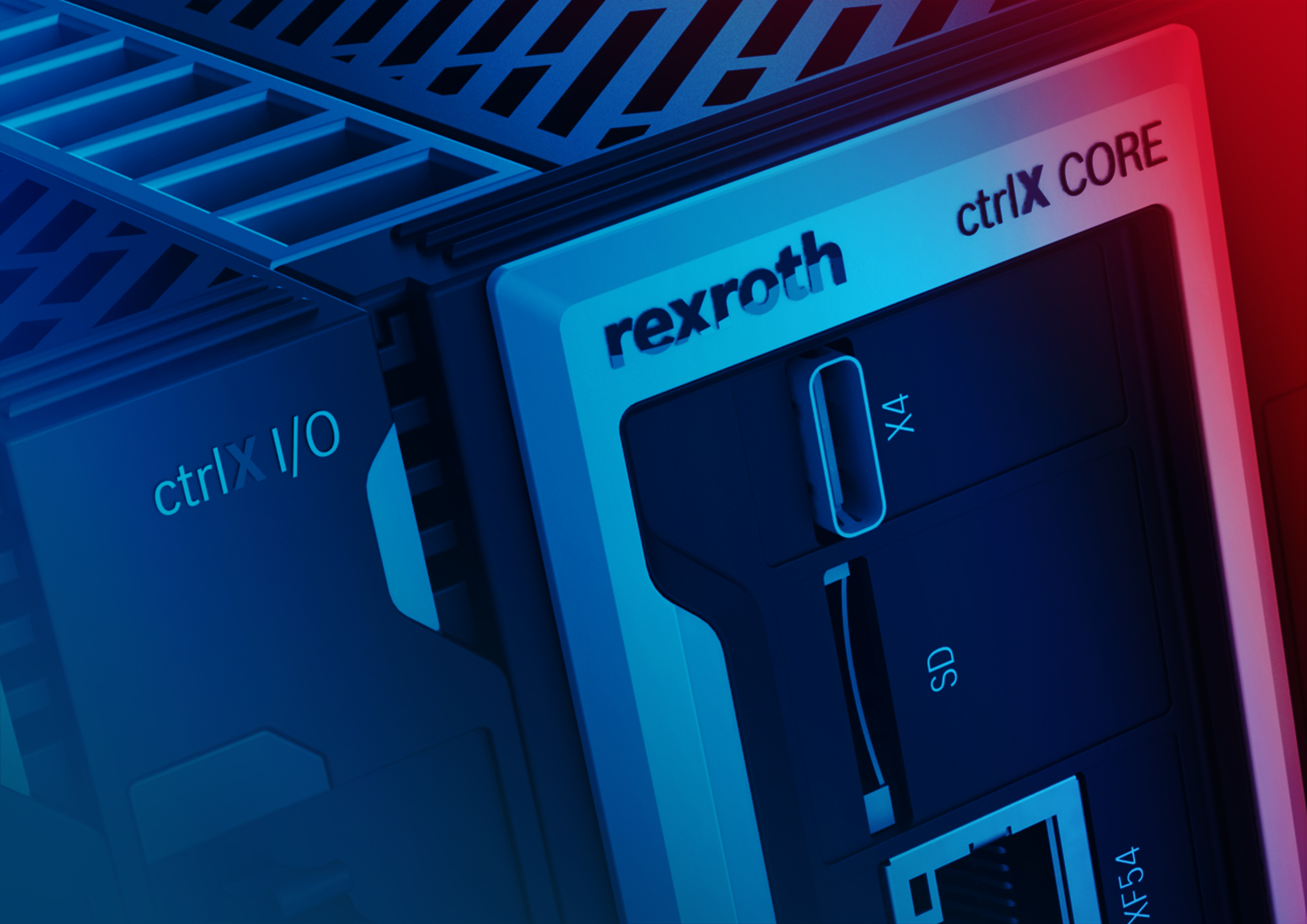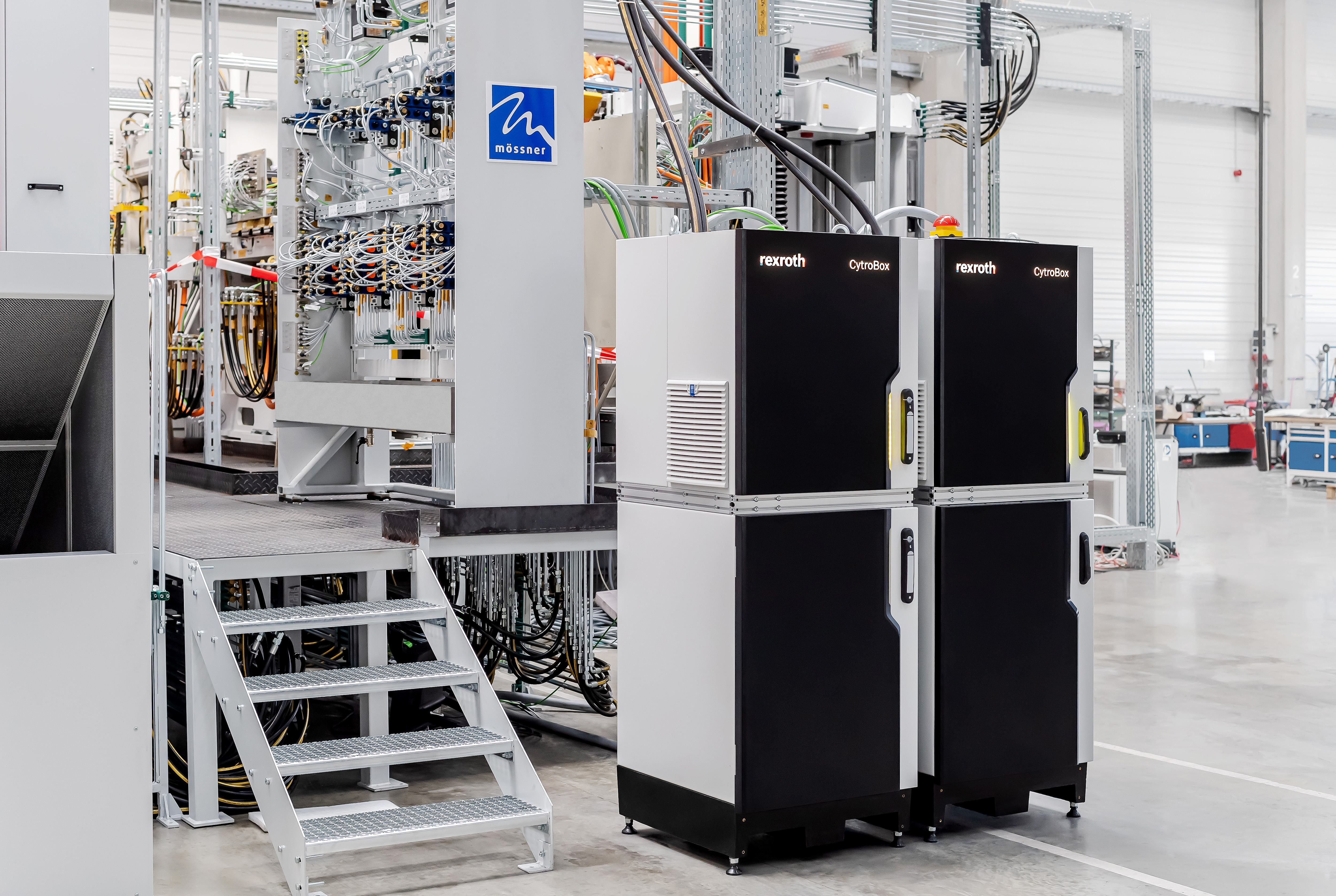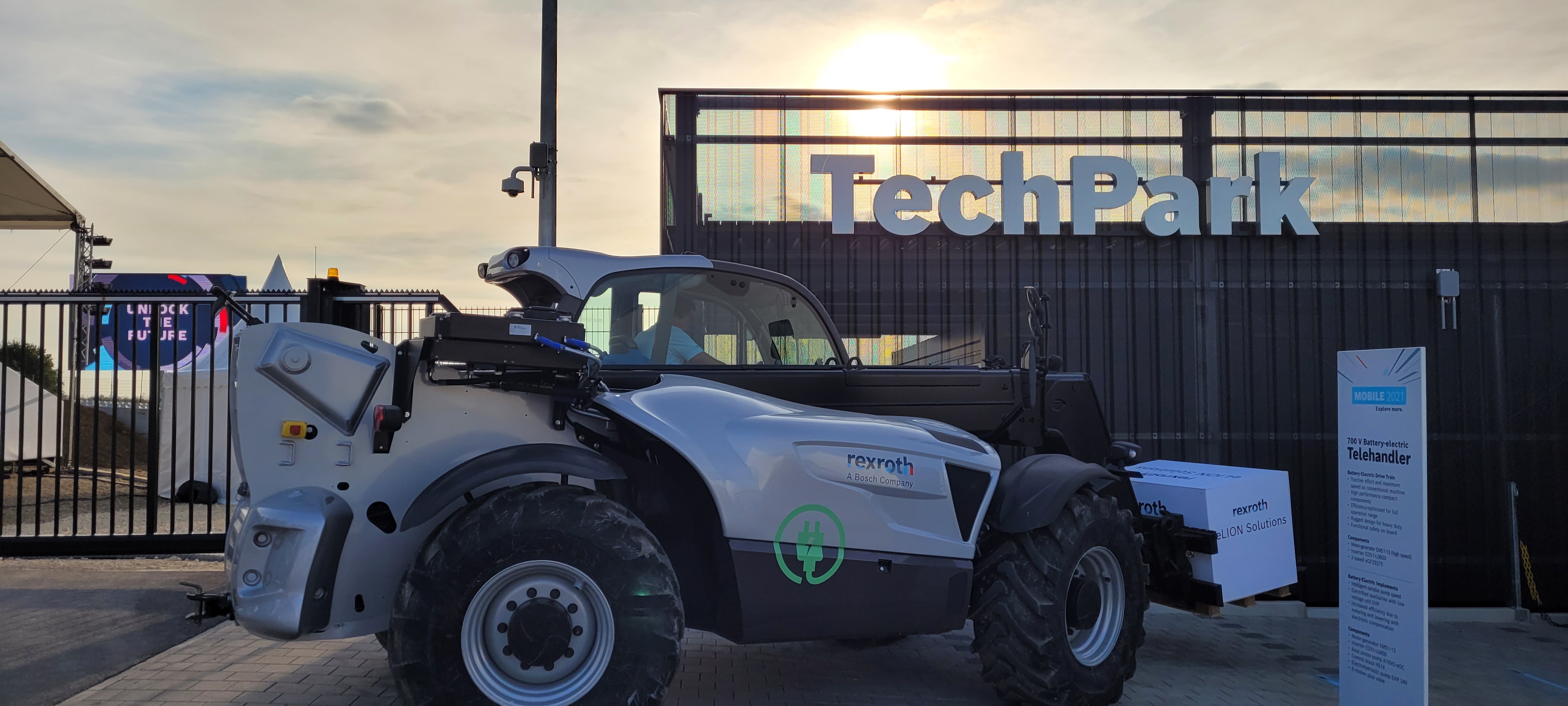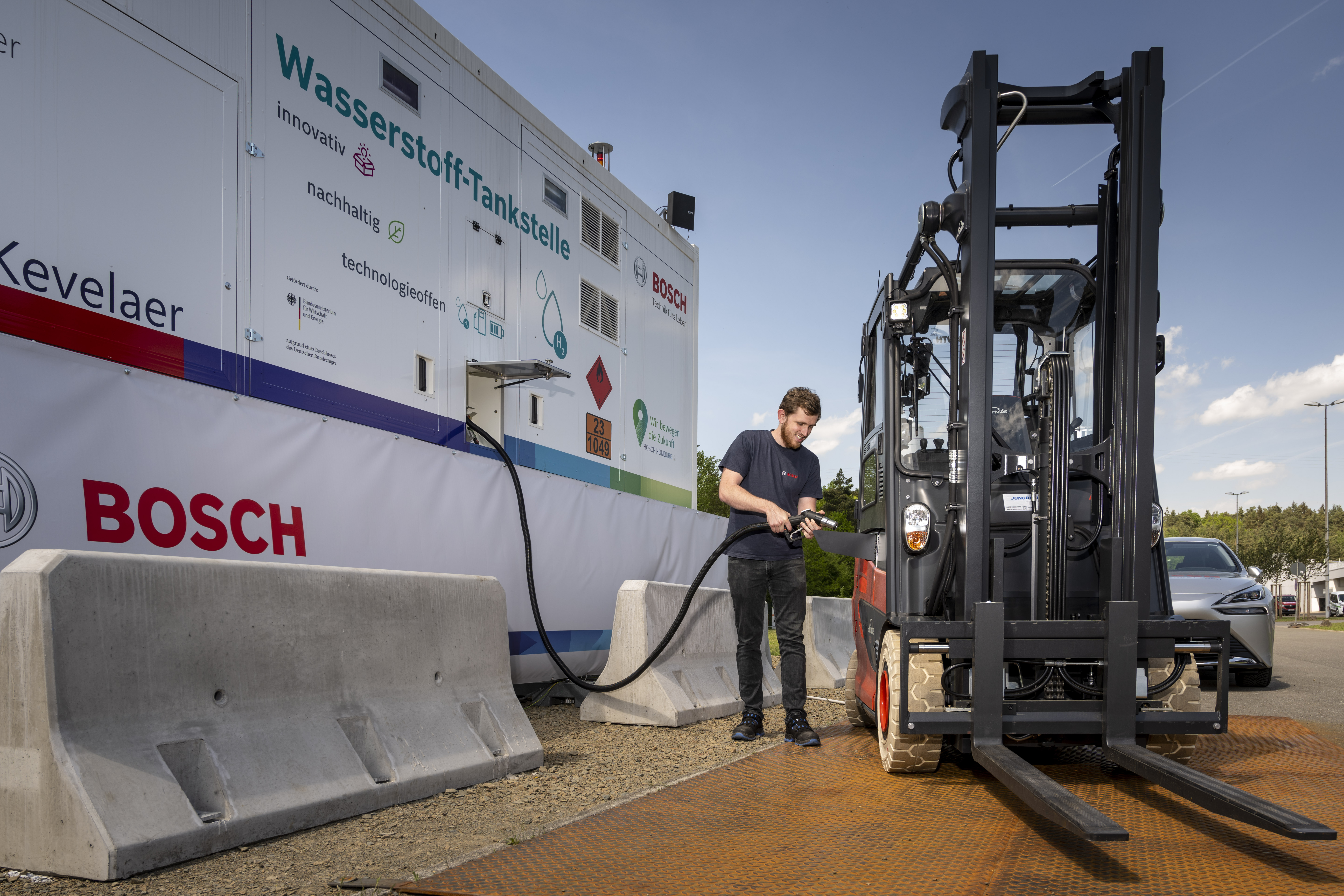Stuttgart, Germany – In the fight against climate change, technology is paving the way, and Bosch is at the forefront of these endeavors. In February 2020, Bosch became the first global industrial company to achieve carbon-neutral production. It is developing green technologies that conserve resources, reduce energy consumption, protect the environment, and mitigate global warming. “Industry will become a driver of ecological transformation in business and society. Bosch is mobilizing all its resources and contributing its technological know-how and many years of manufacturing expertise,” says Rolf Najork, the member of the Bosch board of management responsible for industrial technology. In 2021, green tech for industry generated sales of over 800 million euros for the company. That is just under 14 percent of the total sales of Bosch’s Industrial Technology business sector (6.1 billion euros in 2021). The green tech market is growing by 8 percent annually (source: BMU, 2021). “Bosch is growing faster than the market. By 2023, we want to break the one-billion-euro mark in sales of green industrial technology,” Najork says. Ecological transformation is paying off: according to the VDMA, the association of German machinery and equipment manufacturers, the systematic use of green tech can cut industrial greenhouse gas emissions by almost 90 percent (source: VDMA, 2020). The VDMA study also says that by 2050, the expansion of climate-friendly technologies in the industrial sector will create a market potential of over 300 billion euros a year. At Hannover Messe (May 30–June 2, 2022), Bosch will be presenting its green tech solutions – from industry, for industry, and beyond.
Contact person for press inquiries
Dennis Christmann
Phone: +49 711 811-58178
Twitter: @BoschPresse
Links
About Bosch
The Bosch Group is a leading global supplier of technology and services. It employs roughly 412,000 associates worldwide (as of December 31, 2025). According to preliminary figures, the company generated sales of 91 billion euros in 2025. Its operations are divided into four business sectors: Mobility, Industrial Technology, Consumer Goods, and Energy and Building Technology. With its business activities, the company aims to use technology to help shape universal trends such as automation, electrification, digitalization, connectivity, and an orientation to sustainability. In this context, Bosch’s broad diversification across regions and industries strengthens its innovativeness and robustness. Bosch uses its proven expertise in sensor technology, software, and services to offer customers cross-domain solutions from a single source. It also applies its expertise in connectivity and artificial intelligence in order to develop and manufacture user-friendly, sustainable products. With technology that is “Invented for life,” Bosch wants to help improve quality of life and conserve natural resources. The Bosch Group comprises Robert Bosch GmbH and its roughly 490 subsidiary and regional companies in over 60 countries. Including sales and service partners, Bosch’s global manufacturing, engineering, and sales network covers nearly every country in the world. Bosch’s innovative strength is key to the company’s further development. At 136 locations across the globe, Bosch employs some 82,000 associates in research and development.
The company was set up in Stuttgart in 1886 by Robert Bosch (1861-1942) as “Workshop for Precision Mechanics and Electrical Engineering.” The special ownership structure of Robert Bosch GmbH guarantees the entrepreneurial freedom of the Bosch Group, making it possible for the company to plan over the long term and to undertake significant upfront investments in the safeguarding of its future. Ninety-four percent of the share capital of Robert Bosch GmbH is held by Robert Bosch Stiftung GmbH, a limited liability company with a charitable purpose. The remaining shares are held by Robert Bosch GmbH and by a company owned by the Bosch family. The majority of voting rights are held by Robert Bosch Industrietreuhand KG. It is entrusted with the task of safeguarding the company’s long-term existence and in particular its financial independence – in line with the mission handed down in the will of the company’s founder, Robert Bosch.
Additional information is available online at www.bosch.com, www.bosch-press.com.
